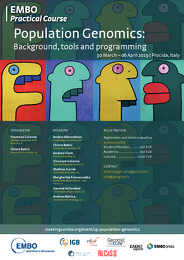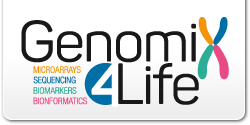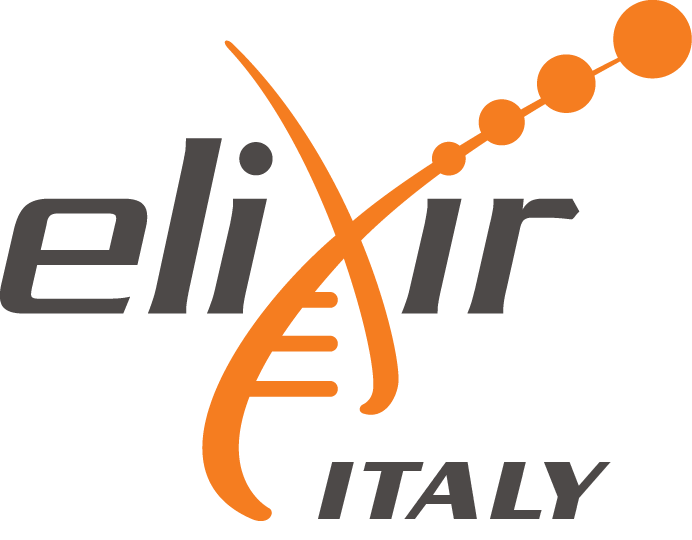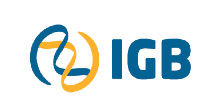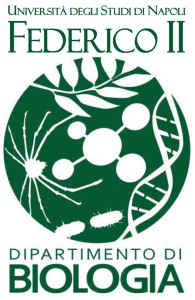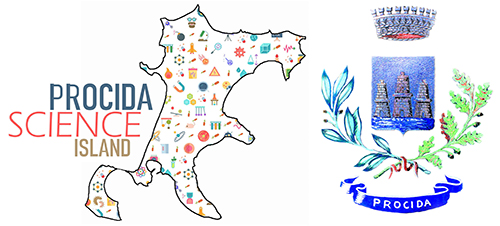About the Practical Course
Study methods in population genomics have been profoundly reshaped in the last few years, fostered by a rapid growth of DNA sequence production and sharing. This unprecedented opportunity guided major steps forward in the field and calls for new approaches and computational skills to become routine in evolutionary genomics laboratories.
The objectives of this EMBO Practical Course are to give an overview of the state of the art methods in population genomics, including programming, and to enable participants to run their project’s analyses with high confidence. The course combines lectures from outstanding experienced population geneticists with practice, both at individual and group level. All conceptual innovation will be presented in lectures and applied in practice.
This EMBO Practical Course will cover coalescent, genetic diversity, natural selection, population demography in time and space, admixture, genetic clustering, and genome-wide association studies. Population genetics topics will be complemented by computational ones such as Python programming and machine learning techniques.
This course aims at evolutionary biologists who already have basic bioinformatics skills. Ph.D. students and Postdoc researchers will benefit the most out of this course, but applications from all candidates will be evaluated in their context.
About EMBO Courses and Workshops
EMBO Courses and Workshops are selected for their excellent scientific quality and timelines, provision of good networking activities for all participants and speaker gender diversity (at least 40% of speakers must be from the underrepresented gender).
Organisers are encouraged to implement measures to make the meeting environmentally more sustainable.


